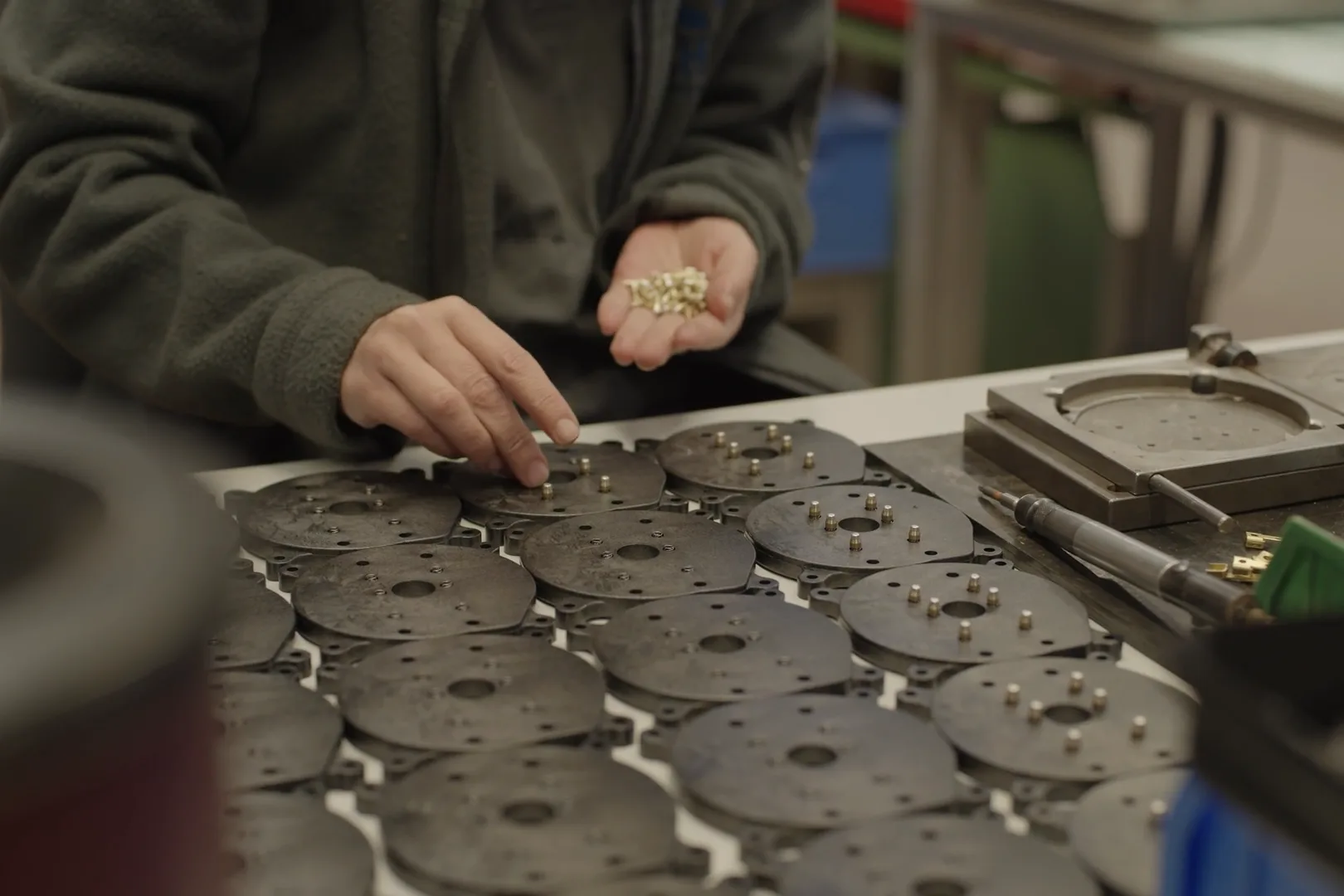Inriver Turns Product Data into a Currency for The Circular Economy
Why product information is the essential ingredient to power a more sustainable planet
If knowledge is power, then at inriver—a global Product Information Management (PIM) solutions provider—product data is the most valuable asset to empower consumers with the knowledge to make informed purchase decisions. At the heart of inriver’s purpose-driven vision—to power a more sustainable future for our planet—is a strong conviction that tracking detailed product data is essential in making the goal of a circular economy a reality.
By understanding and cataloging information about the carbon footprint and ecological impact of a product from source to factory to sale and beyond, inriver’s PIM software can revolutionize the way companies and consumers interact.
We’re going to need some bigger data
If two different factories produce the same product, but one factory can do so with a lower CO2 footprint or with more recycled materials than the other, the seller of that product needs to be able to capture and communicate this difference to their customers. This information provides an opportunity to deepen trust and loyalty, or even charge a premium price for sustainable practices.
The challenge in this opportunity is the sheer volume of data that is required to tell this sustainability story from start to finish. Every interaction from a product’s raw material sourcing to its manufacturing to its transportation to the end of its usable life leaves a trail of data that must be accounted for. The volume of SKU and batch-level information to be consolidated and managed multiplies exponentially as the data from each touchpoint is captured. Tracking and using the data, however, is key to circular decision making – both by businesses and consumers.
Making sense of a sea of product information
While for some industries such as lighting providers or chemical manufacturers this level of rigor is already required, with the EU’s introduction of the Digital Product Passport (DPP) amplifies the need for managing vast volumes of product data. This digital record encompasses information about a product’s origin, composition, environmental impact, and quality throughout its life cycle. With DPP, the focus shifts from SKU to the batch level, requiring manufacturers to leverage PIM solutions capable of handling the complexity and granularity of product data.
A PIM for a circular economy and decarbonization of manufacturing
Inriver’s strength lies in its elastic data model, designed to adapt to new data requirements and process the substantial volume of data associated with all SKUs and batches. Positioned as the ideal solution for the circular economy, the inriver PIM consolidates product information and batch variances, including CO2 footprint, water consumption, and recycled content.
The only way brands and manufacturers will be ready to comply with new regulations and consolidate end-to-end product data is to start now. In lockstep with the themes of the 2024 World Economic Forum, by acting now brands can build trust and strengthen long-term relationships with customers. Fast adopters of technology like PIM will have a competitive edge to make data-backed decisions for the wellbeing and longevity of their businesses – and our planet.
Read more at inriver.com














